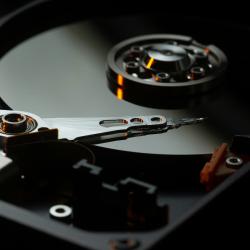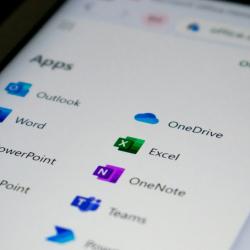Research data is the evidence you create, observe or collect to support your research findings. It forms the foundation of your analysis and conclusions.
Research data can take many forms, such as numerical data from surveys or experiments, images, video or audio recordings, interview notes or transcripts, software, code or models, artworks or musical scores, electronic research notebooks or fieldwork diaries, or measurements, maps or simulations.
Data management is the practice of correctly handling the data you collect, create or use during your research. It covers how you plan, store, organise, share and look after your data. When working on a research project, good research data management helps you stay organised, save time and meet funder requirements. Data management is an important practice in all disciplines - arts, humanities, social sciences, sciences. It can improve the quality of your research and make it easier to share, reuse and preserve your data.
The University offers training, tools and guidance to help you embed research data management practices throughout your project. Whether you are starting out or looking to develop your approach, we can help you manage your data well, and to share it as openly as possible - and as closed as necessary.
This website complements the Open Research website, which covers open research data practice (including data publication, depositing data in Apollo or other repositories, Cambridge and funder open data policies, data reuse).









